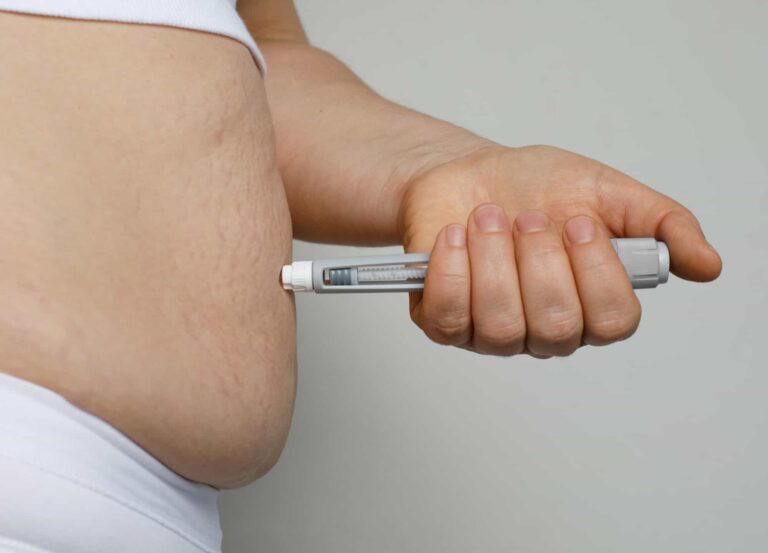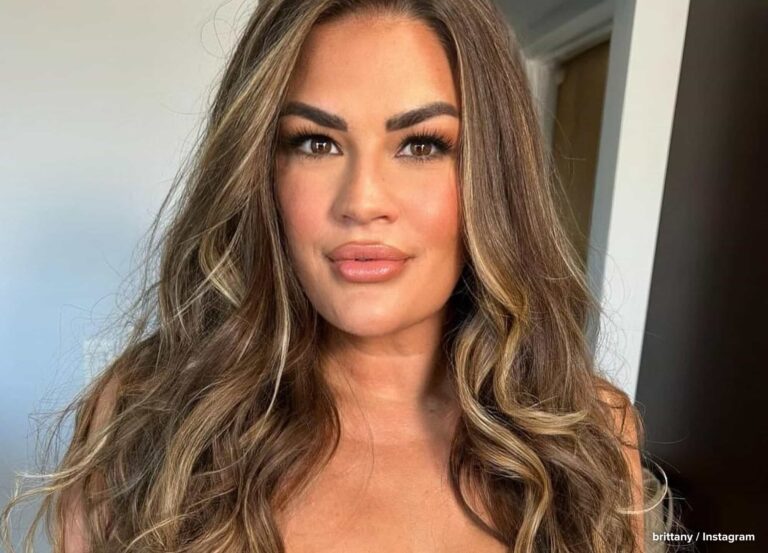This story is part of our RealSelf Verified campaign to offer consumers greater transparency into provider qualifications and help them find trusted, patient-friendly professionals.
According to the American Society of Plastic Surgeons, Americans spent more than $16.5 billion on cosmetic surgical procedures in 2018. Year over year, as the stigma surrounding plastic surgery decreases, the number of people seeking out elective procedures increases—and promises of more revenue can sometimes mean that there are certain ethics disreputable doctors may be willing to abandon. But talk to any highly regarded, board-certified plastic surgeon and they’ll tell you that saying no to patient requests is common practice; in fact, it’s absolutely necessary to ensure patient safety and satisfaction and protect doctors’ own reputations in the industry.
Below, three RealSelf Verified surgeons share the most typical reasons they turn people away during a consultation.
1) You haven’t been given proper medical clearance.
On October 12, 2009, the Donda West Act was signed into California law by then Governor Arnold Schwarzenegger after Kanye West’s mother died due to postoperative complications. Donda’s first choice of surgeon had declined to operate, citing concerns over her health and a need for medical clearance, so she found a non-board-certified cosmetic surgeon (with a history of malpractice lawsuits and criminal convictions) who went ahead and performed several cosmetic procedures—including liposuction, a tummy tuck and a breast reduction—on her at once. Because of the national attention her death drew, legislators were quick to pass the Donda West Act, which states that a patient in California must be medically cleared by way of a physical exam and blood work before undergoing elective cosmetic surgery.
Whether it’s a law in their state or not, board-certified plastic surgeons always require medical clearance prior to invasive procedures or anything involving general anesthesia. It should be as much of a red flag for you if they don’t ask for it as it is to them if you refuse.
2) You are being pressured into getting cosmetic surgery.
If a doctor feels as though you’re getting plastic surgery to satisfy someone else and pushing your own preferences aside, they likely will not operate. New York City plastic surgeon Dr. Robert Tornambe explains, “A lot of times, I will hear a woman say, ‘I need a facelift’—not I want—’because my husband is cheating on me with a younger woman and I need to look younger to keep him,’ or ‘I want a large breast augmentation because my boyfriend is paying and he likes bigger breasts.’” This is a big red flag, he says. He also requires his patients to demonstrate that they know what is involved with the procedure they’re requesting. “With a breast augmentation, I tell every patient that they’re signing up for two operations—putting the implants in and then, in 10 to 15 years, either changing them out or removing them.”
Surgery is permanent, and it shouldn’t happen unless the patient is fully aware of the risks and completely confident in their decision.
Related: 5 Signs You’re a Good Candidate for a Facelift—and 4 Signs You’re Not
3) Your BMI is too high or too low.
Patients seeking aesthetic procedures to slim, tone or contour certain areas are often disheartened to realize that many plastic surgeons won’t operate unless the patient has a proven track record of exercising, eating healthy and maintaining a certain BMI. Dr. Tornambe says, “You see it in tummy tuck patients a lot. My BMI cutoff for tummy tucks used to be 35; now it is 30. The reason is, if you try to do a tummy tuck on a patient of a BMI of 35 or over, neither they nor I will be happy with the results. It just doesn’t look good. I’m sure I’ve lost patients that way and they’ve gone down the block and had someone else do the surgery, but I don’t care. The fact is, there are much higher complication rates in people with a BMI over 30.”
The same BMI barometer goes for patients seeking a Brazilian butt lift, commonly known as a BBL. “For a BBL patient, I still stick to the 30 or 32 BMI. Safety is a big issue in these patients. Most of the time, removing fat around the abdominal region and flanks creates a nicer contour and gives the appearance of a bigger buttock, so injecting too much fat is really unnecessary. For a patient with a low BMI, the procedure just won’t work. I’ll simply tell them they don’t have enough fat,” says Dr. Tornambe.
4) You are showing signs of body dysmorphic disorder and/or have a history of mental illness.
In less frequent cases, doctors object to surgery on moral grounds. Dr. John Mesa, a plastic surgeon who works in Miami and New York City, has noticed that patients with body dysmorphic disorder are often “extraordinarily nice.” He says that since they have likely “been shopping around for someone willing to operate on them, they try to hide themselves by acting very charming.” For this reason, he likes to check in with his staff to see how the prospective patient engaged with them when he wasn’t around.
For Dr. Mesa and other esteemed surgeons, money is never worth compromising ethics for. “A lot of practitioners out in Miami will do any procedure for the monetary gain. They don’t care whether the patient is addicted to surgery and is just undergoing a procedure for the sake of more surgery, [but] that’s just not my position,” he says. “I screen all my patients and will turn someone away if they’ve had two or more surgeries in the same region and I think that they are bordering on addiction.”
Sometimes a plastic surgeon will even refuse to operate based off a patient’s intake form. Beverly Hills, California, plastic surgeon Dr. Urmen Desai says, “If I look at the intake form and, in the area where patients are required to list their current medications, they have listed seven or more psychiatric drugs for depression or bipolar disorder, etc., that is a huge red flag. I’ve already decided I’m not going to take them on as a patient because of how many psychiatric medications they are on.”
Related: 3 Tips on How to Choose the Best Surgeon for Your Procedure That No One’s Telling You
5) You have unrealistic expectations.
Social media and editing apps like FaceTune are giving patients a warped self-image, which means doctors are fielding more and more unreasonable requests. Dr. Desai says he meets daily with patients who are trying to mimic their Instagram idols: “The Photoshopping of images gets people caught up [in] wanting to look a certain way that they see online. I can’t tell you how many patients come in holding a photo of Kylie Jenner’s hips when they look absolutely nothing like Kylie Jenner.” Patients expecting Instagram results are almost always turned away, Dr. Desai notes, because their goals are simply impossible.











